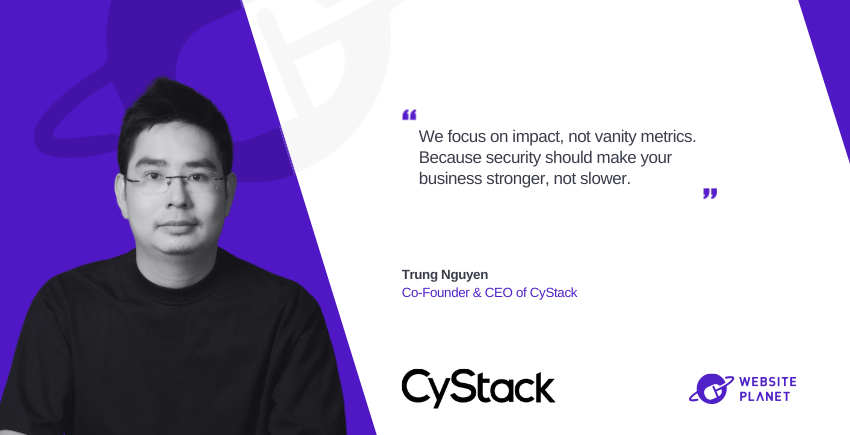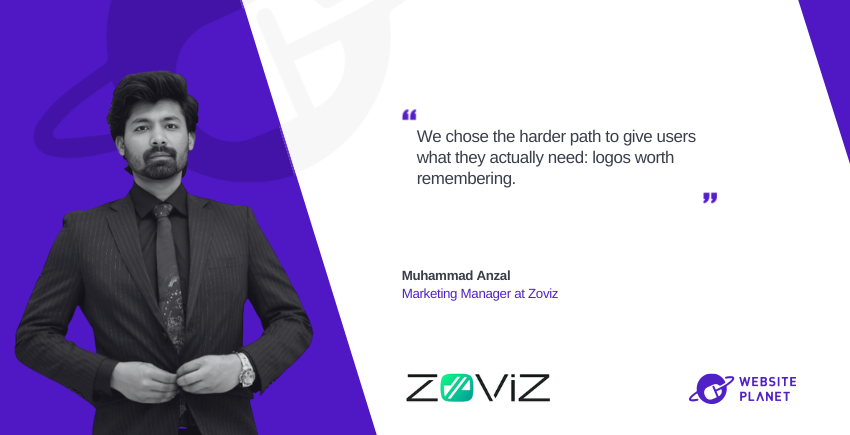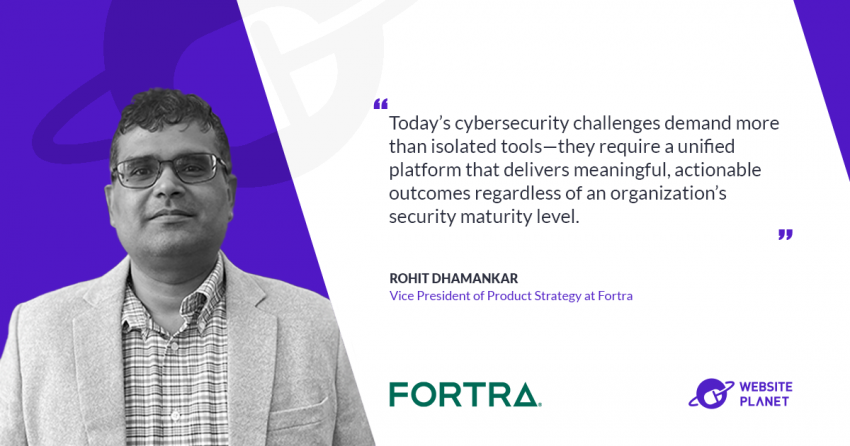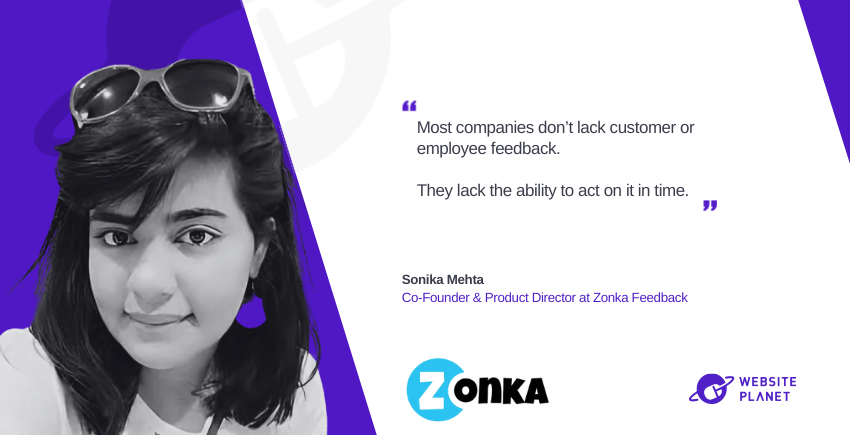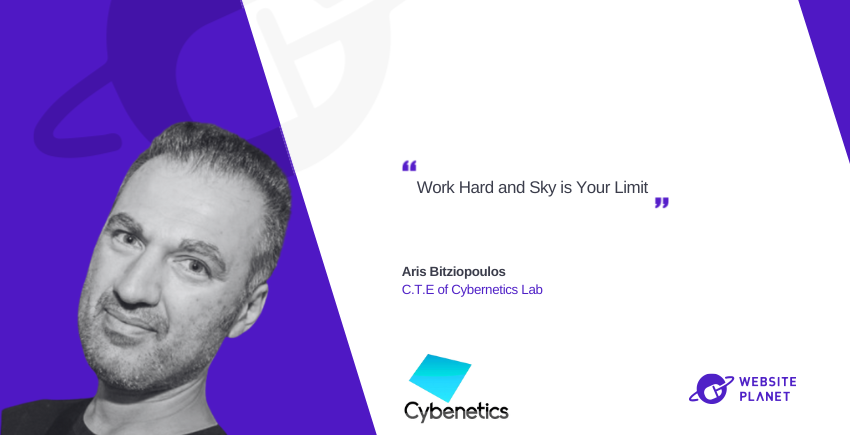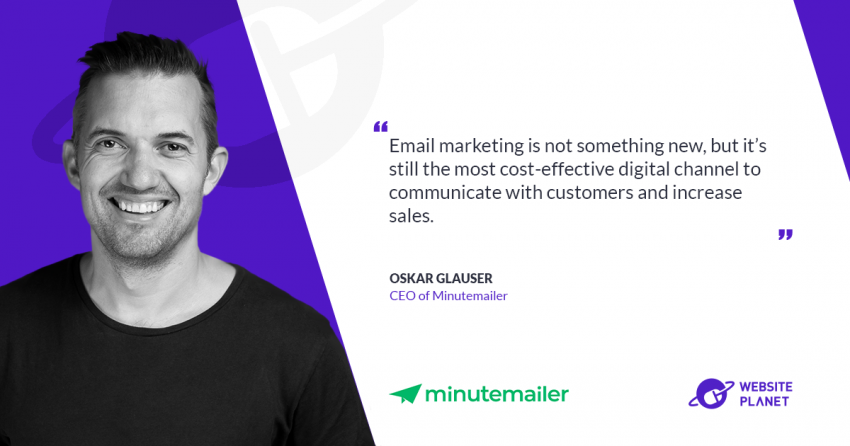Crypto Phishing in numbers
Retail investors—particularly those new to crypto—are hardest hit. Chainalysis reports that phishing drained over $300 million from individuals in 2023, with median losses of £12,000 per incident. But the fallout extends beyond finances:- Erosion of trust: New users exit crypto entirely after being scammed, stifling adoption.
- Legal/compliance risks: Businesses face liability when customers are duped by impersonators.
- Resource drain: Firms like ours spend 40% of forensic hours tracing stolen assets—time that could combat other crimes.
Some web hosting providers and domain registrars profit by ignoring crypto frauds
The root issue lies in the lack of accountability for domain registrars and hosting providers. Many fraudulent sites operate openly for weeks, despite blatant red flags (e.g., domains like “Coinbase-support[.]net” or “LedgerHelp[.]com”). But unlike regulated financial institutions, web hosting providers and domain registrars face minimal legal obligations to vet customers or takedown malicious sites promptly. Moreover, many registrars prioritise profit over this, offering “bulletproof hosting” services that ignore abuse reports. For instance, in Q1 2024, we reported 132 fraudulent sites to a major registrar—only 17 were actioned. Worse, some providers charge exorbitant fees for rapid takedowns, creating a perverse incentive to delay.
EDITOR’S NOTE
A 2024 study titled “Towards an Understanding of Enablement in Online Non-delivery Fraud” further indicates that certain registrars were hesitant to investigate reports of abuse, de facto undermining their own content abuse policies and regulatory responsibilities.
The study reported that some of the most popular web hosting providers accounted for 53.03% of the domains registered for fraudulent websites in their sample, suggesting that fraudsters may prefer registrars perceived as less stringent in enforcing anti-abuse measures.
Roberto Popolizio
Managing Editor
Managing Editor
The Fight Against Phishing Needs a New Playbook
So you see how crypto has compliance but domains don’t. That’s why we need a complete rethink of how regulators, exchanges, and tech companies tackle phishing. Otherwise, we’re fighting with toothpicks against AI-powered hydras. Our forensic team tracks over 100 new phishing domains weekly, with actors leveraging automation to spin up sites in minutes. Since 2017, we have maintained a crowdsourced scam database (now exceeding 50,000 entries) to help victims verify threats. Yet, even with this resource, we’re not fast enough: for every domain we report, three more emerge. All this highlights how a systemic change is imperative. Policymakers must hold domain providers accountable and businesses should invest in threat intelligence sharing.It can happen to you (even if you don’t hold crypto)
We’ve seen fraudsters impersonate law enforcement to prey on fear and urgency, leaving victims financially and emotionally devastated. Take the example of a retired couple whose son never had any crypto. But the scammers created a fake arrest notice, cloned a Met Police URL, and demanded urgency. They wired £45,000 to “unfreeze” their son’s allegedly seized crypto in under two hours.What you should start doing TODAY
- Never trust: Always cross-check URLs/emails via official channels (e.g., use Coinbase’s in-app support, not Google ads).
- Bookmark key sites: Avoid searching for exchanges—typosquatting (e.g., “Binancce[.]com”) is rampant.
- Enable MFA everywhere: Use hardware keys (e.g., YubiKey), not SMS.
- Consult our scam database: Google “Crypto Legal Scam Hub”. You’ll get free access to our 50,000+ entry list.
- Report like there’s no tomorrow: Flag suspicious domains to registrars, the NCSC, and Action Fraud.
To learn more from Alex Ferrer
For collaboration or insights:- LinkedIn: Alex Ferrer
- X (Twitter): @cryptolegaluk
- Crypto Legal Scam Hub: https://www.cryptolegal.uk/list-of-reported-scam-companies/
https://openresearch.surrey.ac.uk/esploro/outputs/doctoral/Towards-an-Understanding-of-Enablement-in/99925466602346



